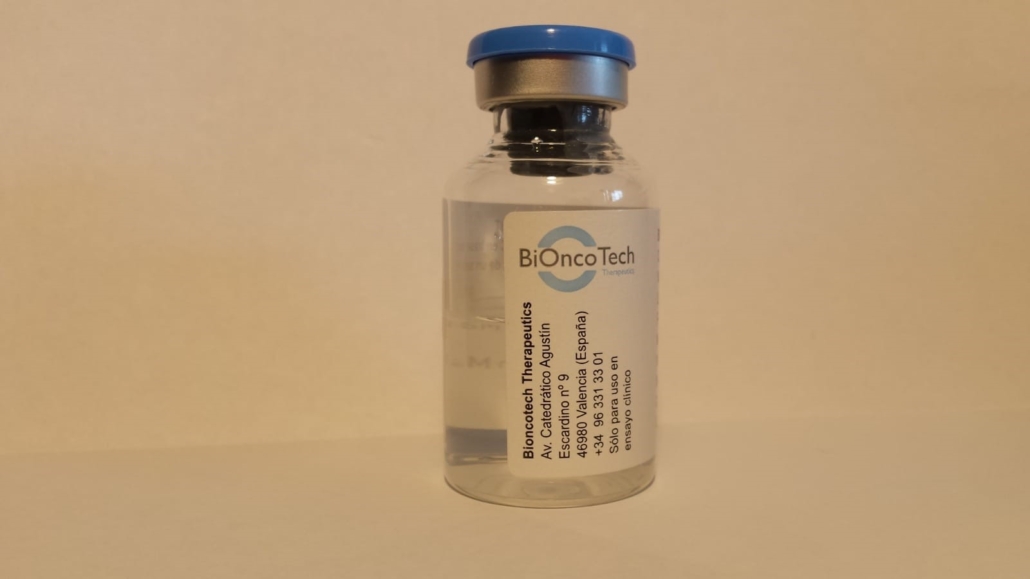
BIOncoTech Therapeutics and MSD combine cancer drugs
Madrid-based RNA specialist Bioncotech Therapeutics has entered into a Phase II clinical trial collaboration with a MSD subsidiary.
The clinical collaboration aims at providing clincial Phase II evidence that Bioncotech Therapeutics‘ RNA-based cancer lead BO-112 can improve the efficacy of Merck Sharpe & Dohme’s PD1 checkpoint inhibitor pembrolizumab in partients with tadvanced-stage solid tumors with liver metastases. MO-112 is a stimulator of the innate immune system when apdministered intra-tumorally. Specifically, the synthetic dsRNA complex targets cytosolic helicases MDA5 and RIG-I as well as toll-like receptor 3 (TLR3).
In the Phase II trial the innate immunity booster will be combined with systemic administration of pembrolizumab in poor or non-responders to pembrolizumab monotherapy in order to evaluate safety and efficacy of the combination therapy vs pembrolizumab monotherapy.
Early clinical data suggest BO-112 induces immunological changes in the tumor microenvironment and beyond, which may render previously anti-PD1 refractory tumours susceptible to checkpoint inhibition, said Dominique Tersago, CMO of Bioncotech. Cancers that have metastasized to the liver present a significant therapeutic challenge. By targeting the metastatic liver lesions as the site for intra-tumoral injection we aim to reduce organ-related variability of the injection site, and also evaluate if BO-112 has potential to break through the generally immune tolerant hepatic environment and trigger or improve responsiveness to anti-PD1 therapy.
Bioncotech Therapeutics aims at providing evidence that MO-112 is able to turning cold’ tumors hot’, that is induce immune responses in not inflamed solid tumours, that make up 80% of all solid tumours.




